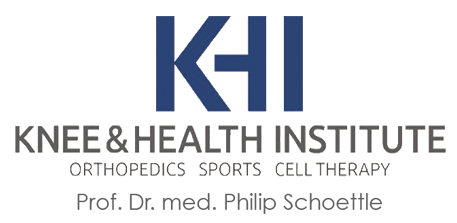stem cells therapy Craniocerebral Trauma

Craniocerebral Trauma
A traumatic brain injury (TBI) can occur when a bump, bump, blow or other blow damages the brain. Every year millions of people in the USA suffer brain injuries. The worst injuries can lead to permanent brain damage or death. Half of all TBIs are due to car accidents. Military personnel in battle zones are also at risk. Up to 75% of people with severe head injuries also suffer severe damage to the neck bone or other parts of the body from the same injury.
TBIs can have far-reaching physical, emotional and cognitive effects. Some signs or symptoms may occur immediately after the traumatic event, while others may occur days or weeks later. People with signs of moderate or severe TBI should receive medical attention as soon as possible. Since little can be done to correct the initial brain damage caused by trauma, medical personnel try to stabilize a person with TBI and focus on preventing further injuries. The main concerns are to ensure proper oxygenation of the brain and the rest of the body, maintain adequate blood flow and control blood pressure.
TBI patients suffer from several problems, among them:
- headaches
- nausea or vomiting
- tiredness or drowsiness
- Difficult sleeping
- blurred vision, ringing in the ears, bad taste in the mouth or altered olfactory ability
- Feeling depressed or anxious, deep confusion
- excitement, willingness to fight, or other unusual behavior
- Indistinct speech
- Sensitivity to light or sound
- memory or concentration problems
- mood swings or mood swings
Stem cell therapy and traumatic brain injury
Traumatic brain injuries can be improved with adult stem cells by remodelling the scar in the brain and recruiting new neurons that can help with chronic pain. Stem cells can also improve executive function or motor function. In the patients we have treated with traumatic brain injuries, we have evidence of improved cognitive or executive function and a significant improvement in sleep, which has led to better activities in daily life and a better view of life.
Prof. Dr. med. Philip Schoettle
KNEE AND HEALTH INSTITUTE
Office hours Monday to Friday by appointment
© Copyright - Schoettle
Privacy | Legal Notice
